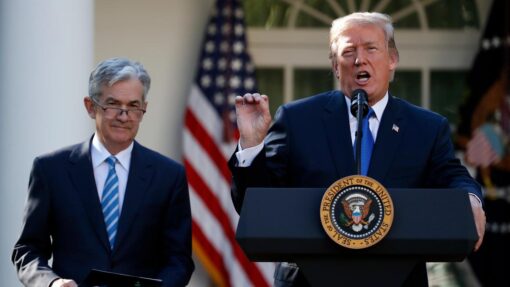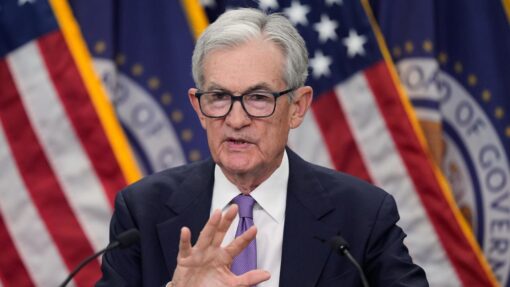Monopoly players hinder RBA board’s game on inflation
Paul Osborne |
A lack of competition in some business and industry sectors is making it harder for the Reserve Bank to get inflation under control.
Challenges to the way the central bank operates are expected to be a key topic at the Australian Conference of Economists in Brisbane on Wednesday.
RBA governor Philip Lowe will address a lunch hosted by the Economic Society of Australia on the review of the central bank and monetary policy.
Following the address, Assistant Minister for Competition Andrew Leigh will tell the conference the RBA faces hurdles to getting inflation back to within the two-to-three per cent target band.
While the Russian invasion of Ukraine and global supply chain problems were key drivers of Australia’s inflation problem, a lack of competition was also impeding the usefulness of interest rates to drive it down.
Dr Leigh will tell the conference two pieces of research, published in the American Economic Review Papers and Proceedings, suggest monopolies make it harder for central bankers to achieve their aims.
The first considers the effect of markups – the gap between cost and price – which tend to be small in a highly competitive market.
When monopolies rule, markups are massive.
The authors of one of the papers found interest rates were less effective in shaping the decisions of high-markup companies, particularly when they were older.
“One way to think about this result is that high-markup firms don’t do the work of responding to central bank decisions,” Dr Leigh will say.
“The other implication is that when markups are large, firms in general won’t be very responsive to monetary policy, leaving the work to households.”
A second paper found in places where market power is high, there is no relationship between wage growth and the unemployment rate.
In that case, unemployment needs to rise more to achieve a reduction in inflation.
And because places where labour market power is strongest tend to be poorer, the pain of rising interest rates ends up being felt most acutely.
Dr Leigh says Australia has seen a rise in market concentration and markups, while its biggest firms have more power to push prices up and to keep wages down.
This creates two problems – a higher burden on young, low markup firms, and the central bank pushing unemployment higher than it would if there was plenty of healthy competition between employers.
“If a lack of competition makes monetary policy less effective, then this can have both efficiency and equity costs – impeding growth and harming fairness,” he will say.
“If you care about central banks being able to do their jobs, then you should care about a competitive and dynamic economy.”
AAP


